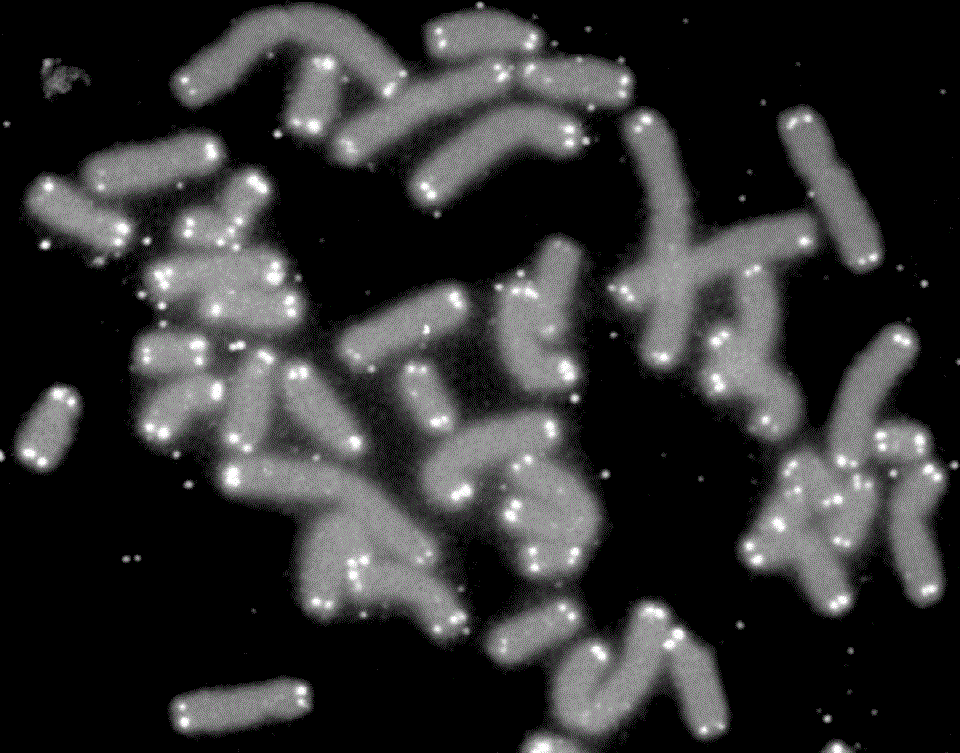
Yes, you read it right, scientists have actually managed to reverse aging and not just slow it down. The research was conducted at Harvard University and the result came as a surprise for the scientist.
Telomeres and Telomerase
Researchers have long suspected the enzyme telomerase have an important role in the aging process. As the enzyme, telomerase allows for replacement of short bits of DNA known as telomeres. Which is shortened each time a cell divides via mitosis. As the telomere is the region of repetitive DNA at the end of chromosomes, it protects the ends of the chromosomes from deterioration.
During each cell division, enzymes that duplicate the chromosome and its DNA cannot continue their duplication forever. With the implication of an ever shorter telomere by each duplication. And when the telomere has reached its end, the cell dies.
Since its discovery in the 1980s, the enzyme called telomerase gained a reputation as a possible fountain of youth. Since telomerase prevents shortening of the telomeres, the hope was that activating the enzyme could slow cellular aging. And some cells naturally have this ability, such as stem cells.
Elizabeth Blackburn, Carol Greider, and Jack Szostak were awarded the Nobel Prize in Physiology and Medicine in 2009 for the discovery of how chromosomes are protected by telomeres and the enzyme telomerase.
Telomerase is also an important enzyme in the research for cancer. Since in cancer cells the activation of telomerase makes some types of cells and their offspring to become immortal, that is, their chromosomes will not become unstable no matter how many cell divisions they undergo.
Reversed Aging
In this new research study Telomerase reactivation reverses tissue degeneration in aged telomerase-deficient mice published in Nature, the scientists were able to reactivate the enzyme telomerase, which led to the repair of certainly damaged tissues and reversed signs of aging.
The scientists bred genetically manipulated mice that lacked the enzyme telomerase and without the enzyme, the mice aged prematurely and developed a poor sense of smell, a smaller brain size, infertility and also damages organs. But when the scientists gave the mice injections to reactivate the enzyme, it repaired the damaged tissues and reversed the signs of aging. And none of the mice developed cancer after the treatment.
The researchers note that even aged tissues, ones in an advanced state of degeneration, retain a remarkable capacity to renew themselves and telomerase, when activated, and can reverse certain aspects associated with aging.
“If you look at all those data together, you walk away with the idea that the loss of telomerase could be a very important instigator of the aging process,” according to Dr. Ronald DePinho, of the Dana-Farber Cancer Institute and Harvard Medical School in Boston.
____________________________________
Telomerase reactivation reverses tissue degeneration in aged telomerase-deficient mice
__________________

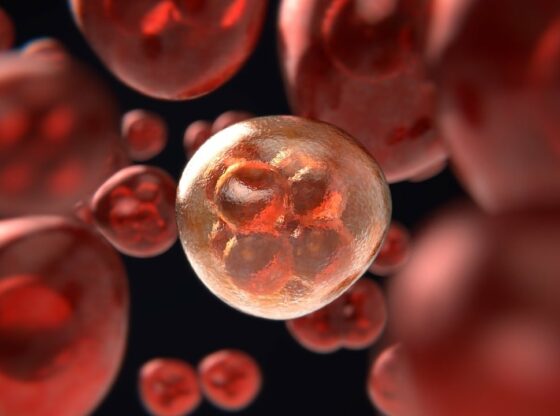

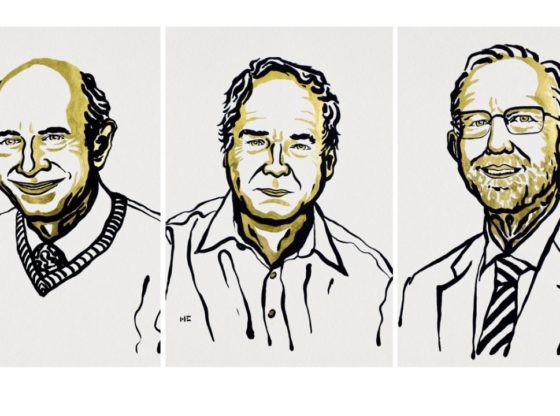
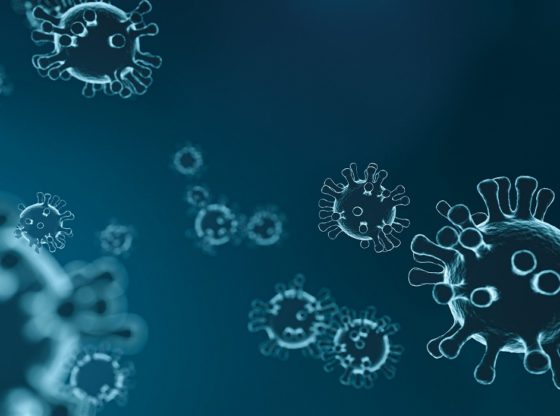
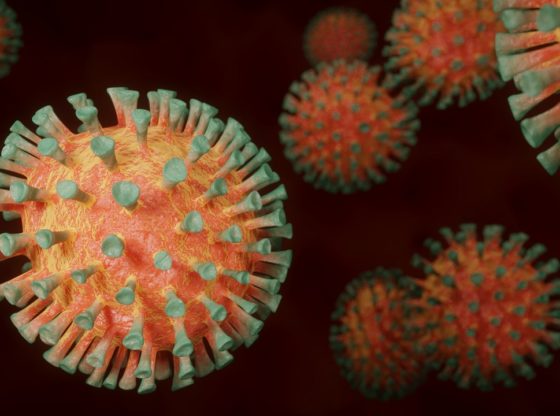
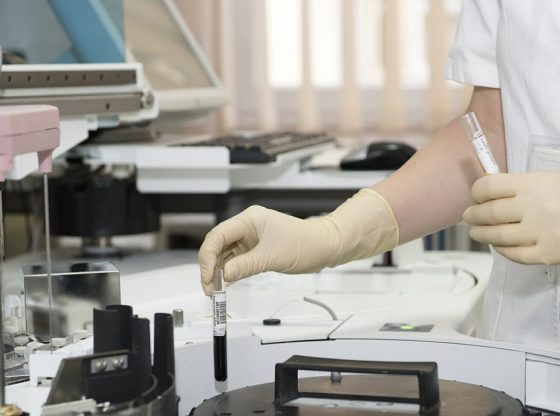
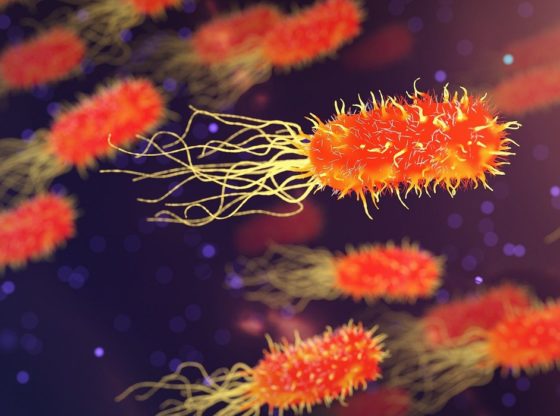
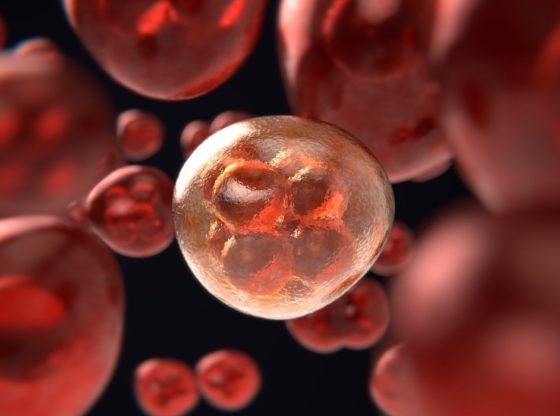


![OpenAI. (2025). ChatGPT [Large language model]. https://chatgpt.com](https://www.illustratedcuriosity.com/files/media/55136/b1b0b614-5b72-486c-901d-ff244549d67a-350x260.webp)
![OpenAI. (2025). ChatGPT [Large language model]. https://chatgpt.com](https://www.illustratedcuriosity.com/files/media/55124/79bc18fa-f616-4951-856f-cc724ad5d497-350x260.webp)
![OpenAI. (2025). ChatGPT [Large language model]. https://chatgpt.com](https://www.illustratedcuriosity.com/files/media/55099/2638a982-b4de-4913-8a1c-1479df352bf3-350x260.webp)








